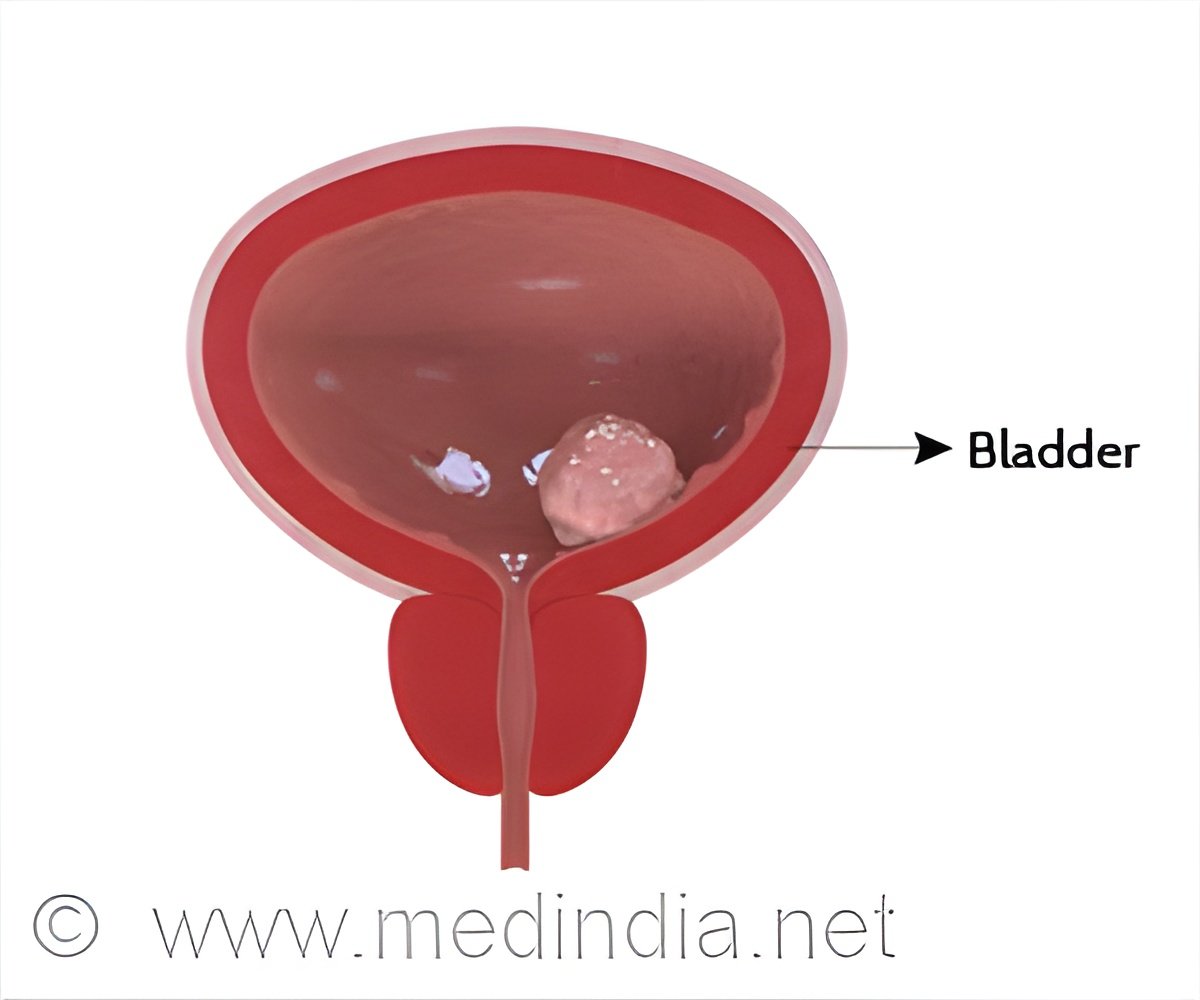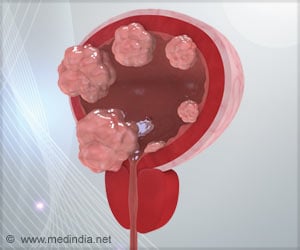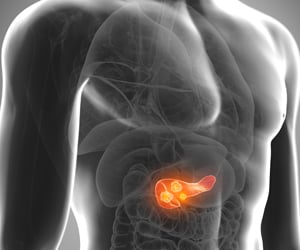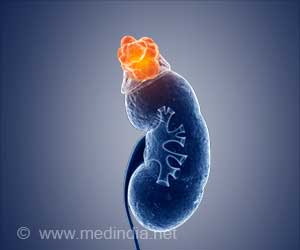Sequential gemcitabine/docetaxel treatment is more effective than additional BCG therapy for patients with BCG-unresponsive nonmuscle-invasive bladder cancer.

Oncologic Outcomes of Sequential Intravesical Gemcitabine and Docetaxel Compared with Bacillus Calmette-Guérin in Patients with Bacillus Calmette-Guérin-Unresponsive Non-Muscle Invasive Bladder Cancer
Go to source).
TOP INSIGHT
Did You Know?
Smokers are 3 times more likely to develop bladder cancer, and those over 55 are at higher risk. Men are also more prone to the disease than women. #medindia #cancer #bladdercancer #smoking
Patient Characteristics in BCG vs. Gemcitabine/Docetaxel Groups
In an international study involving 299 patients with BCG-unresponsive NMIBC across 10 centers, 204 patients received additional BCG treatment, while 95 patients received gemcitabine/docetaxel (gem/doce) therapy. The BCG group was notably more likely to be diagnosed with T1 disease (46% vs. 31%), while the gem/doce group had a higher likelihood of being diagnosed with Ta/CIS (69% vs. 54%).Survival Benefit of Gemcitabine/Docetaxel Therapy
The gem/doce group showed significantly better outcomes, with progression-free, cancer-free, and cancer-specific survival rates 2.6, 2.0, and 3.7 times higher, respectively, compared to the BCG group, according to Dr. Jacob Taylor and colleagues from the University of Texas Southwestern Medical Center, as published in European Urology Oncology.Patients in the BCG group were 1.9 times more likely to undergo cystectomy. Additionally, BCG was associated with a 2.8-fold increased risk of disease progression compared to the gem/doce group, as per multivariable analysis.
Survival rates, including those without high-grade recurrence or metastasis, were similar between both treatment groups.
Future Research Directions for Gemcitabine/Docetaxel
Dr. Taylor's team noted that the effectiveness of gem/doce in BCG-unresponsive NMIBC has not yet been prospectively evaluated in clinical trials. While more trials are needed, particularly in patients who have not previously received BCG, gem/doce remains a viable treatment option for patients, especially when access to newer therapies is limited or cost is a concern.Reference:
- Oncologic Outcomes of Sequential Intravesical Gemcitabine and Docetaxel Compared with Bacillus Calmette-Guérin in Patients with Bacillus Calmette-Guérin–Unresponsive Non–Muscle Invasive Bladder Cancer - (https://euoncology.europeanurology.com/article/S2588-9311(24)00288-8/abstract)
Source-Eurekalert
 MEDINDIA
MEDINDIA




 Email
Email










